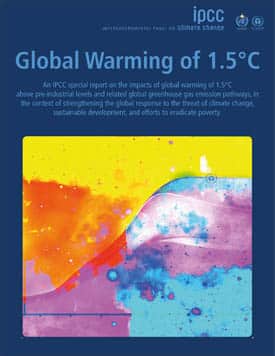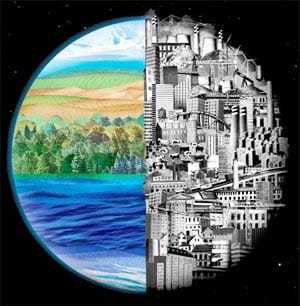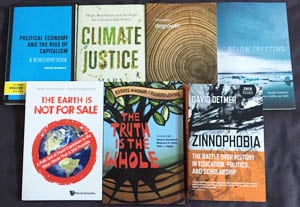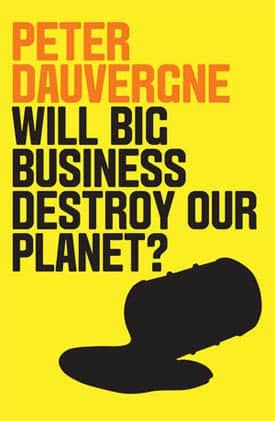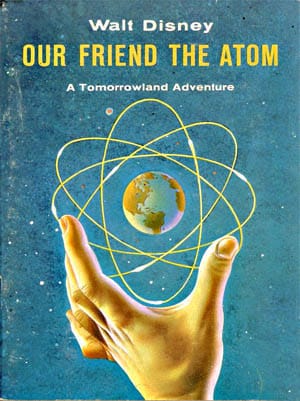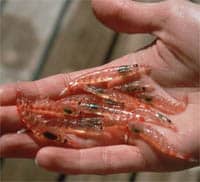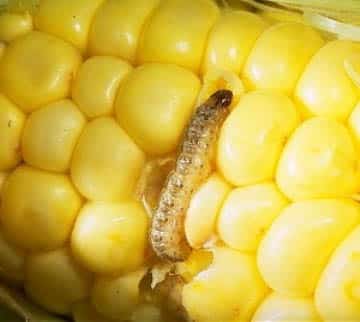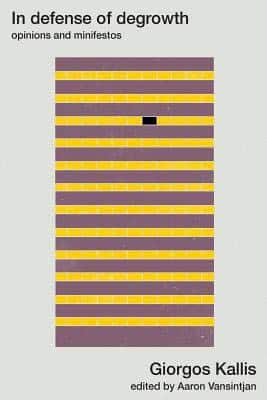Major report finds that global climate outlook is far worse than previously thought; calls for immediate and sweeping change to prevent catastrophe
Latest Posts
Half-Earth: A biodiversity ‘solution’ that solves nothing
Proposals to remove all humans from half of the Earth ignore the root causes of the biodiversity crisis and undermine progressive struggles for social justice.
Ecosocialist Bookshelf, October 2018
New books: Essays for Richard Levins ... The Earth is not for Sale ... Defending Howard Zinn ... The Rise of Capitalism ... Degrowth ... Climate Justice ... Below Freezing
Will big business destroy our planet?
Corporate giants are driving the world towards environmental disaster. Will self-preservation force them to pull back and end the destruction?
Science for the People needs your help!
Climate & Capitalism strongly endorses this appeal. The work SftP does is essential to building a radical, science-based movement, so please help if you can.
Thinking about nuclear: Hard choices that may cost the planet
Some environmentalists want both nuclear power and renewables. Richard Seymour says that's an evasion. We must choose, and the choice isn't easy.
Ecosocialist Bookshelf, September 2018
New books for reds and greens. Three centuries of factories; Holland in the Little Ice Age; Thinking in deep time; Horizontal Gene Transfer; The physics of evolution
The Omega Principle: A vicious circle of fish, cattle and capitalism
How a giant industry that plunders the seas for tiny fish is reinforcing unsustainable industrial agriculture
Warmer climate = more hungry insects = less food
New research: Each one degree rise in global temperature will increase insect-driven losses to rice, corn and wheat crops by 10 to 25 percent
Degrowth considered
The ecological insights of degrowth theory are undermined by blindspots about renewability, agriculture, unalienated labor, and the power of our enemies


